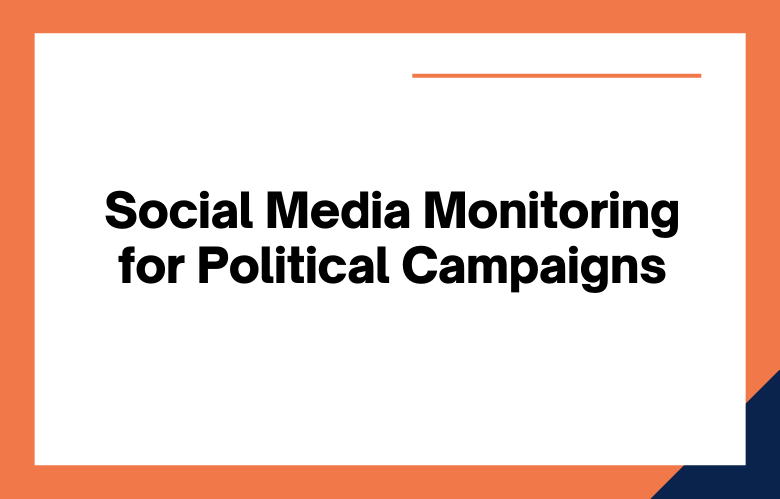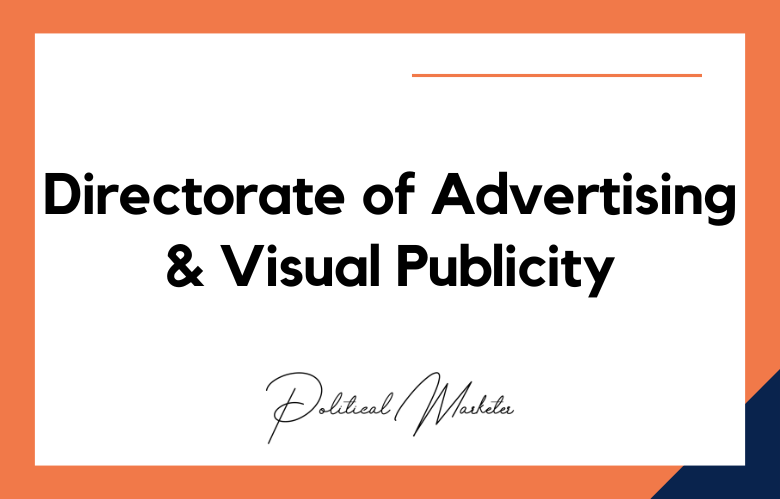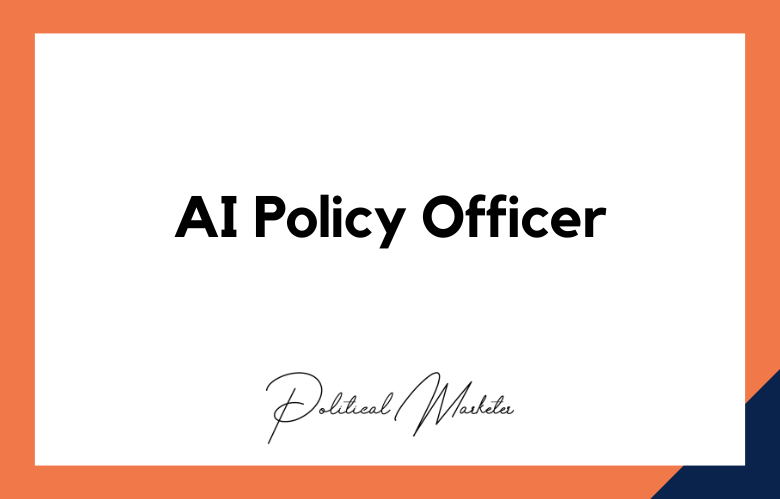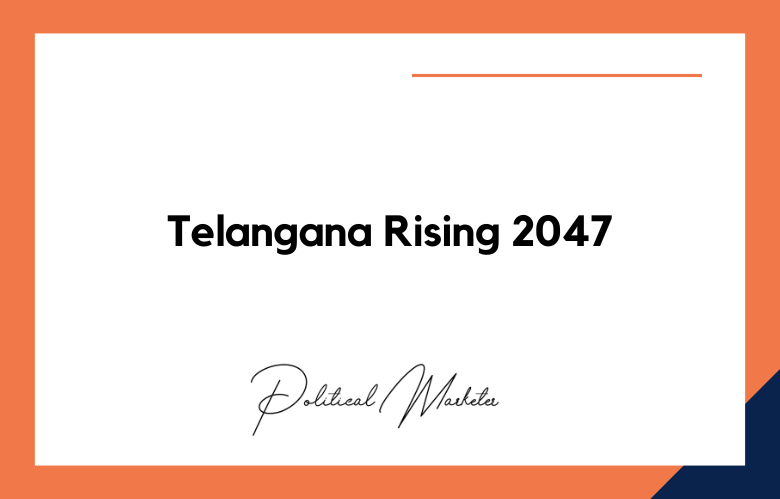Social media monitoring in political campaigns analyzes the sentiment of voters and adversary candidates. It can help a campaign understand what issues are most important to people, which topics they care about more or less, and how they feel about various candidates before polls open on election day.
For this data to be accurate, it must be collected from many sources, including social media platforms like Facebook, Twitter, Instagram, etc.
As well as traditional news outlets like television networks and newspapers. This type of information is also valuable after the election because it will give companies an idea of how their customers think about them through social interactions with their company’s products or services online during a specific period.
Not so long ago, politicians and their campaigns relied on face-to-face interactions and advertisements in the newspaper or TV.
Nowadays, with social media monitoring, they can use tools like Google Analytics to monitor what people are saying about them online.
Politicians know what is being said about them before it’s even published! Social media has changed how politicians campaign for office by giving them a new platform to engage directly with voters.
Some claim that social media influences political campaigns more than traditional methods such as door-knocking and phone banking.
How Can Social Media Monitoring Influence Political Campaigns?
Political campaigns can use social media monitoring on several levels – from simply looking for feedback about campaign messages and the competition to #hashtag monitoring, sentiment analysis, and more.
A sophisticated understanding of digital conversations is beneficial for maintaining connections with voters and capturing their attention, leading discussions across hashtags or interest groups toward thematic goals such as fundraising, building candidate profiles, and early voting initiatives.
A candidate can use social media monitoring to gauge public sentiment on an issue by searching for keywords related to the topic.
These are communicated over various social media platforms, including Instagram, Twitter, Facebook, and YouTube.
The campaign manager then analyzes surveys of the demographics they are targeting in their campaign. This allows them to tailor their message for specific audiences and win more votes.
What is Social Media Monitoring for Political Campaigns?
Social Media Monitoring for Political Campaigns examines the trends, sentiment, and ‘hottest topics’ to show what people are talking about at any moment. This way, campaigns can understand how potential voters are receiving them. For example, let’s say that three voters mention Candidate A in an unfavorable light on Facebook.
We may assume that this story does not paint Candidate A in the best light-and when put together with other data points like this one- it may be cause for alarm to any political campaign looking to keep their candidate up when running against an opponent who has swayed many supporters over Twitter or Youtube videos.
The simple definition of social media monitoring is that it uses software to detect and analyze behaviors, opinions, or conversations on social media channels.
Numerous applications of the theories and techniques have been developed for social media monitoring and analysis, especially in political campaigns.
One such application of the technology is targeted advertising via Facebook Custom Audiences based on predicted values for demographic groups who align with voter files, regional identification, or behavior insights from Twitter sentiment analysis.
For example, suppose a campaign has identified voters more likely to purchase goods online than attend events. In that case, they might promote their candidate through advertisements on relevant e-commerce websites.
Social Media Monitoring for Political Campaigns
The best way for a politician to stay in touch with the people is through social media. For example, Twitter is an excellent place to start because it’s simple and easy to use. Besides being practical, it’s also very cheap when compared to others.
Social media is the top channel for keeping track of what’s going on in your communities.
These tools can help you track the conversations about your candidates and competition across all social media channels.
Campaigns are always looking for ways to reach out to more people. Social media monitoring is an excellent way to do this because it allows the campaign team to identify conversations about the campaign that happens online quickly.
Social Media Listening for Politicians
If politicians want to appear as experts in social media, they should start with Twitter.
Social media is one of the most powerful tools out there. It has changed how we connect and communicate with each other.
Social media listening is a great way for politicians to get feedback from the public. It’s also easy to find out what people are talking about regarding your campaign or political party.
Social media is an excellent tool for politicians. They can listen to the people, understand their concerns, and effectively address them.
The most powerful politician on social media was Donald Trump. His Twitter account had more followers than any other candidate during the election cycle.
Social Media Listening for Political Party
Social media listening is a great way to get information about the people you’re trying to target.
With the power of social media, it is now possible to reach millions of people within minutes. This has revolutionized how political parties operate and reach out to their voters.
This research makes it easier for corporations to decide who to vote for.
Did you know that listening to social media is an effective way to gain insight into the political party’s culture and what they want?
Social media listening is a great way to understand what people say about your political party. It can help you determine the issues that matter most to voters, which policies they support and why, and how other parties target them.
Social Media Listening for Elections
Social media listening is analyzing data to gain valuable insights into what people say about a candidate or political party. This can help candidates target their messages more effectively and identify trends that could foreshadow election results.
Social media listening is a significant part of political campaigns. It helps you better understand what the people are thinking, how they feel about issues that concern them most and their interests.
Social Media is a powerful tool to influence public opinion and inform voting decisions.
The only method to get the most out of social media listening is software that allows for accessible data collection, visualization, and interaction with other tools.
Social media is a powerful tool in the hands of politicians. It allows them to monitor what their constituents think, and it also gives them an outlet to communicate with voters.
Social Media Listening for Government
Social media is a powerful tool for government agencies, making it a prime target for malicious hackers.
“Social media listening is a method for monitoring the vocabulary and sentiment of social media users. This analysis aims to gain insight into consumer needs, wants, preferences, and concerns.”
Government use is also growing as more people are heading towards social media for public engagement. Social media listening allows governments to collect data on citizens’ opinions and sentiments about their governments or related policies, events, and programs.
Social Media Metrics for Political Campaigns
The Facebook page for the candidate was often the most critical part of a political campaign. A more robust presence on social media will help bring in more voters and allow candidates to communicate with supporters in new ways.
People must be more aware of the political candidates’ social media profiles. It’s not enough for them to have a great-looking website; they also need active accounts on Instagram, Facebook, and Twitter.
The social media metrics for political campaigns have evolved rapidly over the past several years. Facebook, Twitter, and other social media outlets have allowed politicians to reach millions of potential voters cost-effectively.
- The number of followers on social media
- Engagement with the content you post, including likes, shares, and comments
- The number of interactions with your posts that are negative or positive in sentiment
- The total reach of your social media campaign
- Reach
- Engagement rate
- Viral reach
- Viral engagement rate
- Total number of followers
- Number of tweets per day
- Average tweet length in characters
- Percentage of retweets, likes, and mentions to total tweets
- The number of followers a candidate has
- Engagement on posts, such as likes and shares
- Number of comments made on posts
- Reach- the number of people who have seen a post
- Social media is a great way to connect with potential voters
- A campaign’s social media strategy should be tailored to the audience they are trying to reach
- Campaigns should use different platforms for different purposes, including Facebook, Twitter, and Instagram
- Share content relevant to your audience on each platform- don’t share the same thing on all of them!
- Learn how to measure success by tracking metrics like likes, shares, comments, and retweets.
Conclusion
Social media monitoring has become a powerful tool for political campaigns, but monitoring social channels is insufficient. You need to be able to analyze the data and then use that information strategically and efficiently. That’s where we come in! Our expert team can support you with all aspects of your campaign, from content creation and analytics implementation to voter targeting strategies so you can win over voters. We offer our services on retainer or as needed depending on your budget and timeline needs; if this sounds like the information you are looking for, contact us today!
One way to get in touch is by filling out our online form on this site or give us a call at +91 9848321284. Let’s work together today!
How Can Social Media Monitoring Influence Political Campaigns: FAQs
What Is Social Media Monitoring In Political Campaigns?
Social media monitoring refers to tracking, analyzing, and responding to conversations and trends on platforms like Twitter, Facebook, and Instagram during political campaigns.
How Can Real-Time Monitoring Benefit Political Campaigns?
Real-time monitoring helps identify emerging issues, misinformation, and voter sentiment, allowing campaigns to respond quickly and appropriately.
Why Is Sentiment Analysis Crucial In Political Campaigning?
Sentiment analysis allows campaigns to gauge public opinion—positive, negative, or neutral toward a candidate, party, or policy in real time.
What Platforms Should Be Monitored During Political Campaigns?
Key platforms include X (formerly Twitter), Facebook, Instagram, YouTube, WhatsApp groups, Telegram, Reddit, and Threads.
Can Monitoring Help In Identifying Misinformation And Fake News?
Yes, early detection of fake news allows campaigns to issue clarifications, flag harmful content, and launch counter-narratives effectively.
How Do Political Campaigns Use Hashtag Tracking?
By tracking campaign hashtags, parties can measure reach, engagement, and control messaging consistency across channels.
What Role Does Influencer Monitoring Play In Campaign Strategy?
Monitoring influencers in digital spaces helps gauge their support, detect shifts in influence, and identify potential allies or critics.
How Can Monitoring Opponents’ Campaigns Help Strategically?
It enables political teams to analyze opposition messaging, strategy changes, supporter reactions, and viral content to counter or mimic effectively.
What Tools Are Commonly Used For Social Media Monitoring?
Popular tools include Brandwatch, Hootsuite, Sprout Social, Meltwater, Talkwalker, and AI-powered sentiment dashboards.
How Can Monitoring Drive Content Strategy?
Monitoring insights reveal what content performs best, helping campaigns shape their messaging, format, and posting times accordingly.
Is Social Listening The Same As Social Media Monitoring?
While similar, social listening goes deeper into understanding public emotions and trends, whereas monitoring focuses on specific mentions and reactions.
How Can Monitoring Help In Crisis Management?
Immediate awareness of controversies, leaks, or misinformation allows for rapid crisis communication, damage control, and narrative redirection.
Can Monitoring Improve Voter Engagement?
Responding to voter concerns and questions identified through monitoring builds trust, transparency, and two-way communication.
What Role Does AI Play In Social Media Monitoring?
AI automates data analysis, identifies sentiment, categorizes mentions, detects patterns, and helps scale monitoring across languages and regions.
How Can Social Media Monitoring Influence Debate Preparation?
Campaigns can identify trending voter concerns and tailor debate points and candidate responses to reflect real-time public sentiment.
Does Monitoring Help With Regional Language Campaigns?
Advanced tools can detect and translate regional language mentions, making localized sentiment analysis and response possible.
How Do You Measure The Success Of Monitoring Efforts?
Success is measured through metrics like engagement rate, share of voice, sentiment trends, and issue tracking accuracy.
What Are The Ethical Considerations In Social Media Monitoring?
Campaigns must ensure privacy, avoid surveillance overreach, and comply with platform guidelines and data protection regulations.
Can Monitoring Detect Voter Suppression Or Manipulation Campaigns?
Yes, campaigns can raise alerts by identifying coordinated misinformation, bot activity, or harmful narratives targeting voter groups.
How Often Should Monitoring Be Conducted During Elections?
Daily or hourly monitoring is essential during high-stakes periods such as debates, rallies, crises, and election day.











